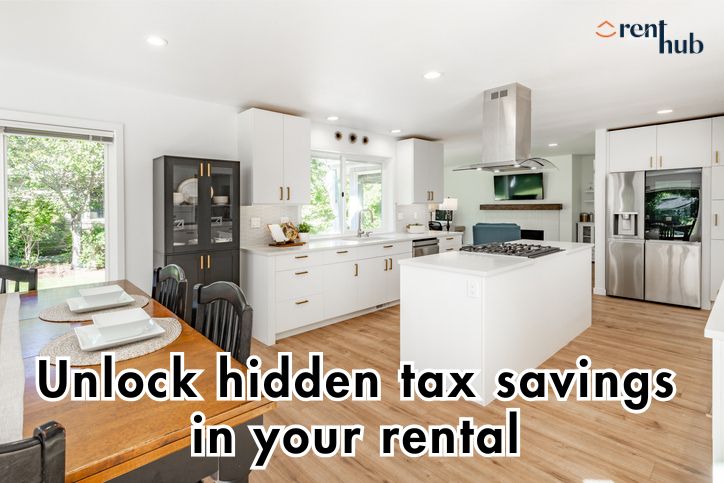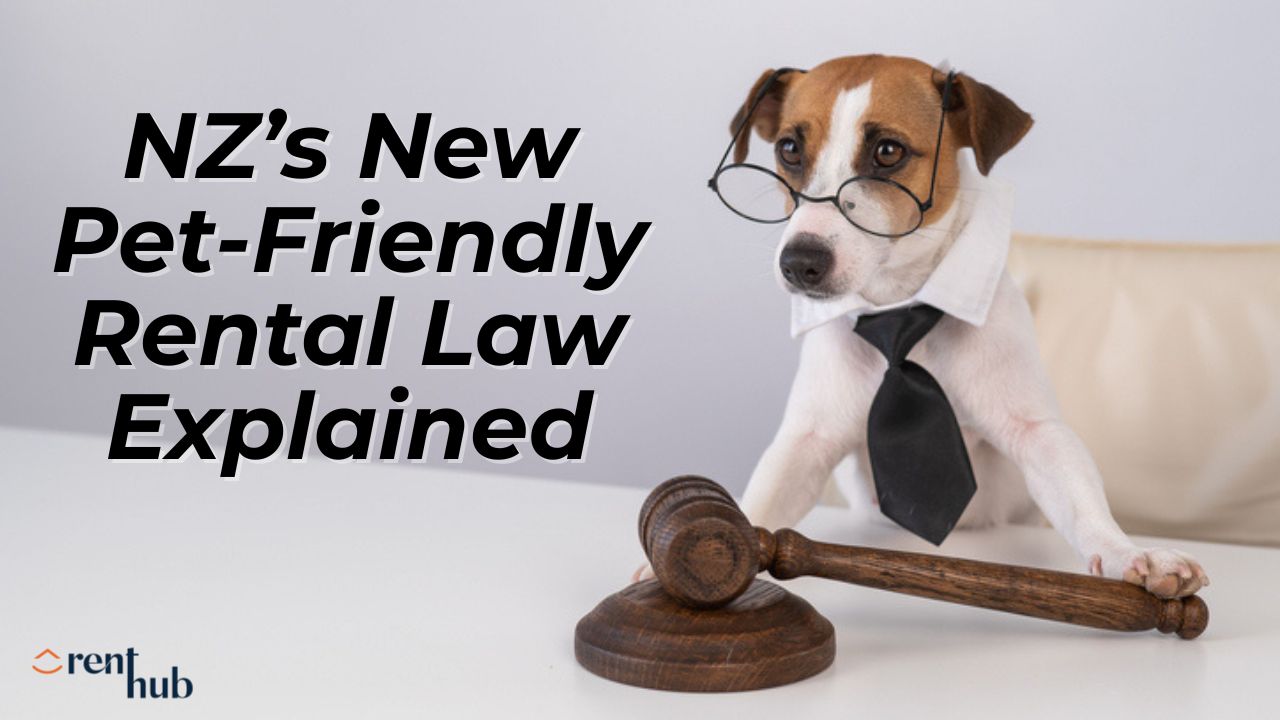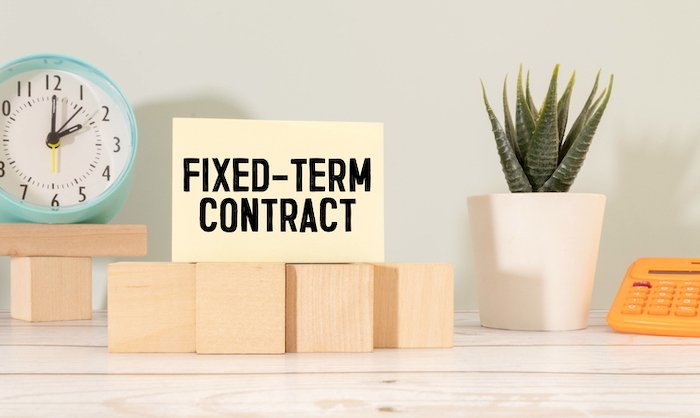If you fear you are about to be evicted due to being unable to pay your rent, you may be able to get Rent Arrears Assistance from Work and Income NZ.
From 6 July, changes to this payment will make it easier for more people to access it and increases to the amounts people can get will be made.
Who Can Apply?
You may be able to get Rent Arrears Assistance if you:
- have signed the tenancy agreement (or you’re a tenant by way of a Family Violence Act order)
- have overdue rent you need to pay
- may be evicted because you haven’t paid your rent
- can’t get any other help from Work and Income to pay your rent arrears
- are able to stay there after you pay the rent you owe, eg: your tenancy isn’t about to expire or you can afford to keep paying the rent.
You will also need to be:
- 16 years or older
- living in New Zealand and intend to stay here.
Either:
- a NZ citizen
- a permanent resident who has been in NZ for more than 2 years since becoming a permanent resident, or
- getting a main benefit, eg, Jobseeker Support
Your Assets
Your assets will need to be under a certain limit. This includes money in the bank, or things like a caravan or second property. They do not include the things you need for day-to-day living. This includes items like your home or your car.
If you are single your assets will need to be worth less than $8,100
If you are married, in a de facto relationship or civil union (with or without children) or solo parent your assets will need to be worth less than $16,200.
Your Income
If you don’t receive a main benefit from the government (eg, Jobseeker Support or Sole Parent Support), it will also depend on how much you and your partner earn. Also, note that a Student Allowance or Accommodation Supplement is not counted as a main benefit.
Your NZ Superannuation and Veteran’s Pension payments are also not counted as income. If you get NZ Superannuation or Veteran’s Pension from Work and Income, your income needs to be under these limits:
- If you are single, your weekly income (before tax) is less than $584.46
- If you are a couple (with or without children), your weekly income (before tax) is less than $848.92
- If you are a sole parent with 1 child, your weekly income (before tax) is less than $709.22
- If you are a sole parent with 2+ children, your weekly income (before tax) is less than $747.20
If you don’t get a main benefit, your income limits are:
- If you are single, your weekly income (before tax) is less than $1,109
- If you are a couple (without children), your weekly income (before tax) is less than $1,604
- If you are a couple (with children), your weekly income (before tax) is less than $1,922
- If you are a sole parent with 1 child, your weekly income (before tax) is less than $1,566
- If you are a sole parent with 2+ children, your weekly income (before tax) is less than $1,846
What Do You Get?
How much you get depends on the amount of rent you owe. The most you can get is $2,000 and you’ll need to pay it back.
You can only get this payment once in 12 months, unless there’s an exceptional situation outside your control, eg:
- you have to go to hospital urgently, or
- you’re in a family violence situation.
How To Apply
Step 1: Arrange a time to talk with work and income
Use MyMSD to book a phone appointment.
Step 2: Gather your documents
If you’re getting ongoing payments from Work and Income or have received payments from Work and Income in the last 6 months, you’ll need to provide:
a letter or notice showing how much overdue rent you need to pay, from either:
- your landlord
- the Tenancy Tribunal, or
- Tenancy Services
either:
- the tenancy agreement with your signature on it, or
- a tenancy order with your name on it.
- proof of any changes in your situation, eg: payslips for changes to income, or birth certificates for new partners or children.
If you aren’t getting ongoing payments from Work and Income or haven’t received any payments in the last 6 months, you’ll need to provide:
- a completed Rent Arrears Assistance Form
- a letter or notice showing how much overdue rent you need to pay, from either: your landlord, the Tenancy Tribunal, or Tenancy Services
either:
- the tenancy agreement with your signature on it, or
- a tenancy order with your name on it.
- proof of income, savings or investments for you and your partner (if you have one), eg: an IRD summary, pay-slips, or a letter from your employer
- information about your non-cash assets (these don’t include what you need for day-to-day living, eg your home or your car. They do include things like a caravan, boat or a second property)
- your bank account number.
- ID for you, your partner – this needs to be: one type of Government issued ID, eg, a passport, birth certificate or driver’s licence, or two types of secondary ID, eg, insurance or bank statements, or household bills
- ID for your children (if you have them) – this needs to be their: birth certificate, or passport
- proof that you’re a New Zealand citizen or permanent resident, eg: a birth certificate, a passport, or citizenship papers.
Step 3: You may need to fill in a form
Work and Income let you know if you need to:
- fill out a Rent Arrears Assistance form
- get your landlord to fill out a Supplier Registration form so Work and Income can pay the rent arrears to them.
Once your application has been approved, Work and Income will then pay your rent arrears directly to your landlord. Giving you more time to get back on track without the added stress of meeting your rent payments.



